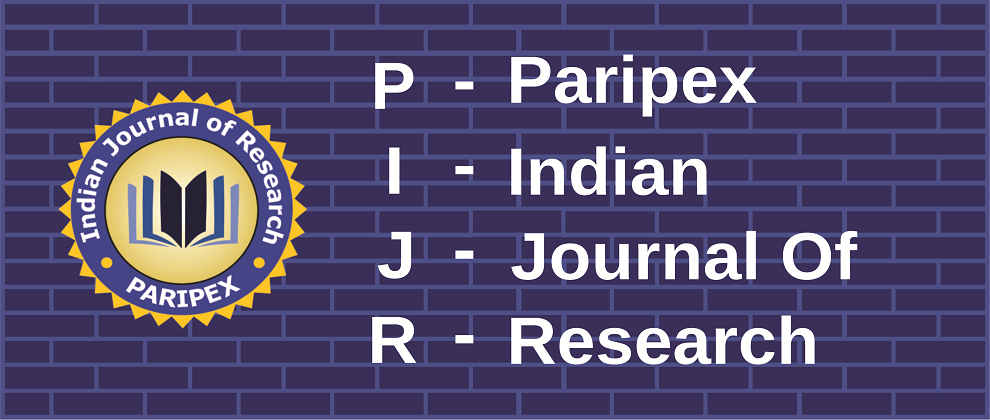Volume : VIII, Issue : II, February - 2019
Influence of temperature on fecundity, incubation period and fertility of Multivoltine mulberry silkworm (Bombyx mori Linn.) eggs.
S. K. Gupta, K. P. Gaur
Abstract :
The effect of temperature fluctuation on fecundity and incubation period of silkworm eggs lines was investigated during 10˚, 14˚, 18˚, 26˚, 34˚, and 38˚C by exposing IVth and Vth instar larvae. The minimum level of fecundity 248 eggs per female and the incubation period of eggs decreased considerably 21.67 days at 10˚C while it was maximum fecundity rate 385 per female and the incubation periods of eggs were 9.47 days at 26˚C. Above the 26˚C the fecundity and incubation period was sharply declined. The deleterious effect of temperature was observed on fecundity; incubation and fertility of ineed silkworm lines. The best temperature and humidity for reå silkworm lines for seed cocoons production to obtained higher number of eggs and shortest duration of incubation period of eggs with increased fertility is 26±1˚C with 80±5% and 12±1 hours light a day’s which may be utilized in seed coon production and hyidization. Investigations elucidated that temperature and humidity variation during larval reå resulted in low fecundity and high incidence of unfertilized eggs. The study suggested that fecundity, incubation and fertility can be enhanced by avoiding temperature and humidity fluctuations.
Keywords :
Article:
Download PDF
DOI : https://www.doi.org/10.36106/paripex
Cite This Article:
INFLUENCE OF TEMPERATURE ON FECUNDITY, INCUBATION PERIOD AND FERTILITY OF MULTIVOLTINE MULBERRY SILKWORM (BOMBYX MORI LINN.) EGGS., S.K.Gupta, K.P.Gaur PARIPEX - INDIAN JOURNAL OF RESEARCH : Volume-8 | Issue-2 | February-2019
Number of Downloads : 436
References :
INFLUENCE OF TEMPERATURE ON FECUNDITY, INCUBATION PERIOD AND FERTILITY OF MULTIVOLTINE MULBERRY SILKWORM (BOMBYX MORI LINN.) EGGS., S.K.Gupta, K.P.Gaur PARIPEX - INDIAN JOURNAL OF RESEARCH : Volume-8 | Issue-2 | February-2019


 MENU
MENU

 MENU
MENU


